
Fascia – The Body’s Network Without Beginning or End
9 tips: How to keep your Fascia healthy and balanced
One of the best ways to keep yourself healthy, free from pain and injuries is to take care of your Fascia. Here are 9 tips on how to take care of your Fascia.
What is fascia and in what way does fascia change the whole way of looking at the body?
Fascia is a network of connective tissue, without beginning and end, which encloses everything in the whole body, from muscles and bones, to organs and cells. But what does that mean?
Fascia as a flow – a new way of explaining the body’s function
By beginning to see the body as something that is alive, and not something that is dead, we have been able to begin to notice other things.
Frequently Asked Questions about Fascia
On the Fascia Guide FAQ we have gathered the most common questions and answers about Fascia. Is there anything you would like to know? Visit the page and submit your question.
We have been preparing our whole lives to NOT be able to understand the importance of fascia
To truly understand Fascia, you must understand the whole. But how do you do that if you have trained all your life to divide and separate?
How do we learn to understand Fascia?
Fascia is a new perspective, a completely new way of looking at the body, a new way of conducting research and a new way of understanding the world. So how do you learn to understand Fascia?
Fascia loads and unloads pressure
What do we know about the Fascias function and what affects the Fascias ability to rebuild – and how can we use that knowledge in our everyday lives?






